The depths of human suffering are a mystery that has puzzled scholars, philosophers, and theologians for centuries. The human experience of suffering is a profound and complex issue. Suffering, oftentimes, arises from fundamental questions about human existence and reality. People often suffer from uncertainty and anxiety over things that are unknown. Tragic events and trauma cause emotional distress and sometimes it makes you question your own identity and self-worth. Relatively, trying to pursue knowledge can cause an intellectual restlessness and above all, fear, the fear of getting exposed, people don’t like their fragility, weaknesses and vulnerability exposed. They fear social humiliation and judgement of the social world. When Adam and Eve came to consciousness, they realized that they are naked. The first thought that probably crossed their mind was to cover themselves up in order to avoid humiliation and embarrassment. Fear can restrict one’s ability to live life fully.
But true strength is found is embracing it all, we often think that we know what we truly are but in reality, we don’t. And in that psychological warfare we struggle to accept the truth. We think that divine intervention, idealistic philosophies, sciences, our relationships, technology and our definition of psyche can help us overcome the suffering, however these terminologies are not an escape from our problems but merely a transformation of them. In that moment we try our best to resolve our suffering through perfection and that gives life to old problems that we had solved a long time ago.
Our life is compassed round with Necessity; yet is the meaning of life itself no other than Freedom, than Voluntary Force: thus, have we a warfare; in the beginning, especially, a hard-fought battle
– Tom Carlyle in Sartor Resartus.
Individuals in search of purpose, must embrace their suffering and happiness, the beauty and ugliness of life, the hardships and joy. Most of the times we like to count our problems, we like to count our sufferings and we fully neglect our happiness, the good side of life. No, I am not suggesting that human suffering is absurd, for me it is, perhaps, the most important thing we need. Without pain there is no awakening. A life filled with bliss has no essence in it. Complete chaos and pain help us rise and find our true potential.
One must overcome suffering through faith, acceptance, compassion and most importantly, repentance, as shown in Crime and Punishment by Fyodor Dostoevsky. The main protagonist Raskolnikov, who always felt he was all powerful, worthy of everything and never believed in anything except his own might, when felt that all doors were closed on him, because of his own gruesome act, his emotional and physical suffering served a path for his redemption. According to Dostoevsky, through reevaluation of beliefs, spiritual awakening, unconditional love, acknowledging wrongdoing and accepting responsibility, redemption can be achieved, it is inevitable if you’re willing. It is possible.


Leave a Reply